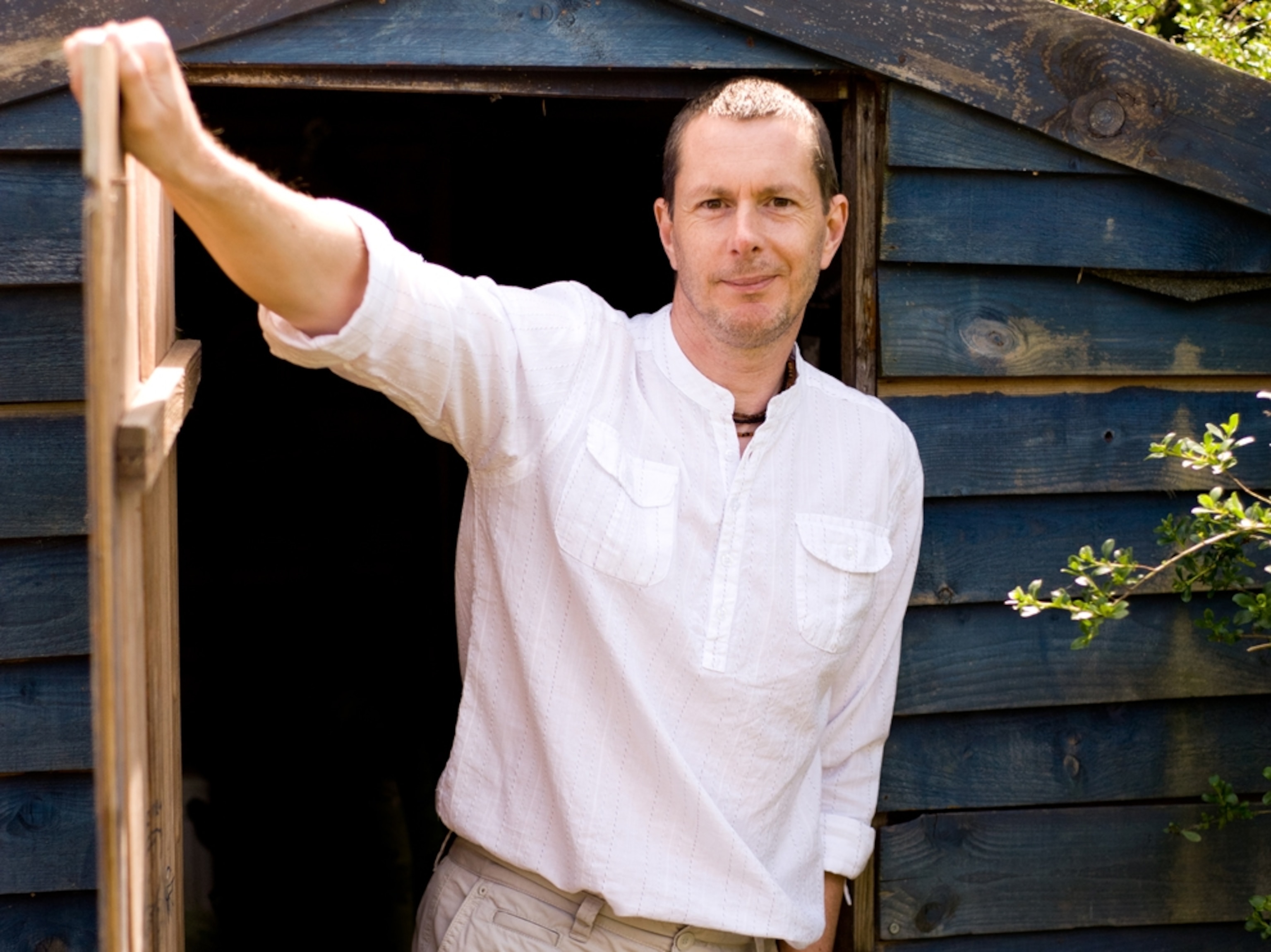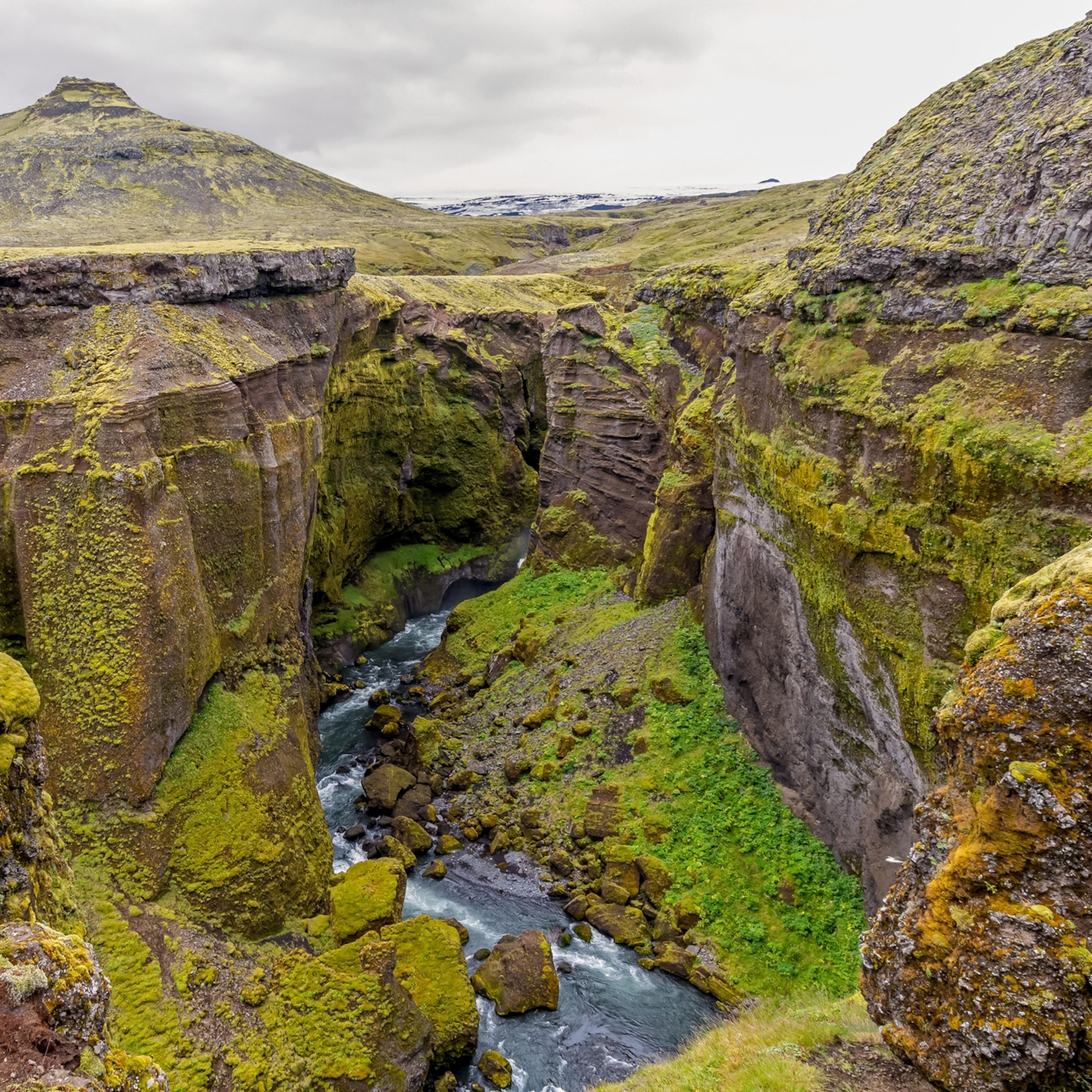
Leapfrogging the Internet
One on One
From the July/August 2011 issue of National Geographic Traveler
Ten-dollar cell phones are easier to obtain than Internet access in many parts of the developing world. And now, thanks to software conceived by Ken Banks, a National Geographic Emerging Explorer, cheap phones are making the Internet unnecessary in those places. Grassroots groups are exchanging vital information from laptop to cell phone in areas the Internet doesn’t reach. Banks’s FrontlineSMS text messaging software, which he offers for free, is used in more than 70 countries. It has helped locals monitor elections in Africa, run a rural health-care network in India, and receive commodity pricing information in Cambodia and El Salvador. Since 2005, the software has been downloaded more than 14,000 times, helping hundreds of thousands of people in a variety of ways.
Tell us more about FrontlineSMS. It’s software you install on any computer. Then you connect the computer to a mobile phone using a cable. Finally, with even just one bar of mobile phone signal, you can send text messages to communities and groups in the most rural areas. It leapfrogs into places where digital communication didn’t exist.
Where did the idea come from? In 2003 and 2004, I was working in South Africa’s Kruger National Park, which was experiencing a communication challenge with surrounding communities. The locals felt disenfranchised, not benefitting from park revenues. The people already had cell phones, but the park didn’t have a way to send everyone a message, to arrange meetings, to discuss ideas for the park. Group messaging systems required the Internet. One day in early 2005, I was watching football back home in Cambridge, England, when suddenly the idea came to build a system that works off the mobile phone network instead of the Internet. The cell phone network is growing so fast, you can get coverage in the most unexpected places. If I could make the system simple enough, then anyone could use it, and people would find their own ways of benefiting from it.
Have folks adapted it to their own uses? It’s been very interesting to see people building new modules for specific sectors. Now we have FrontlineSMS: Medic. Using Medic, you can build a patient record-keeping system, so a hospital in rural Malawi can run an entire network of community health care, updating patient records via cell phone. It’s revolutionary for those clinics. There’s a module called Credit, which can help create a microfinance system so that people can transfer money and make payments on their loans without having to travel for days to the bank to do it. The Legal module will provide access to legal advice for underprivileged populations. Another module called Learn will help groups offer distance learning to rural communities in developing countries. These are all new modules that people are independently building on top of the simple platform I created. That’s exciting. I’m not creating the change; I’m empowering it. It’s the users who figure out their own solutions rather than some white guy in the U.K. telling them what to do.
How does an anthropologist like you learn to create software? Well, my background was always in information technology. I taught myself to program at age 13 or 14 at a local club, using a Commodore PET computer. It was a club where most of the kids just played games, but I was curious how the games worked, so I’d break into them and change the code. I studied IT when I was in school. I combined that technical knowledge with my experience traveling, which, since 1993, took place mostly in Africa. There, I helped in school and hospital construction, conservation projects, running a primate sanctuary, and training people on computers and the Internet. Using my anthropology degree, I studied how people interact with technology. Then I tried to build software tools that would smooth out the tensions that technological change can cause. My hope was to lower barriers to entry for technologies that can be transformative. It’s about making software tools that work where people need them the most.
Speaking of transformative, how have your travels transformed you? The first time I went to Africa, I went to Zambia. There I met people who lacked access to very basic health care and were dying in great pain and farmers who worked all year to grow crops that would be wiped out in floods or drought. What really surprised me wasn’t the culture shock of being in Zambia; it was the shock of coming home. It’s common for people who travel to developing countries, seeing locals living in relatively grim conditions, to feel challenged about the way we live in the developed world. You suddenly see all the paved roads and electric lights and the waste and affluence that we have, and you realize all that’s not really what makes a person happy. There’s such inequality in the developing world that it just seemed ethically wrong for me to turn my back on what I’d seen and not try to do something to help.
Do you have a particular approach to travel? What seems common in my travels is that, once I’m in a destination, I walk everywhere I can. For example, I spent a month in Kampala, Uganda, working with the Grameen Foundation, which focuses on microfinancing. I drew my own walking map of Kampala, showing neighborhood bookshops, local cafés, the various places you’re told not to go where I met some amazing people. I gave the map to those who came in to replace me. And they loved it because they suddenly had this map that showed all the great places to get beans and rice for ten cents.
- National Geographic Expeditions






